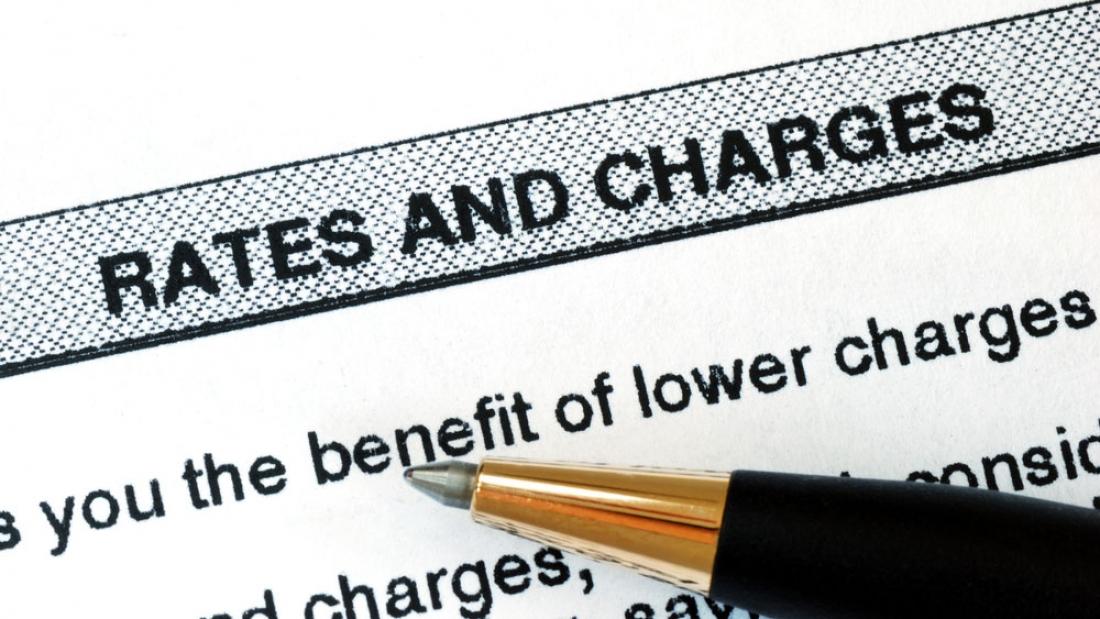Americans owe a ton of money in credit card debt, about $1 trillion to be exact, according to Federal Reserve Data. Reportedly, the average credit card interest rate is also at an all-time high at slightly more than 16%.
When it comes to credit cards, it’s not only about spending. It can be used as a wonderful budgeting tool, if you plan accordingly. Imagine you stop using cash altogether, and only use your credit card to make all purchases. That means all the bills, household expenses, outings, clothing, and more, all paid by that credit card. Doing so for a few months will show you an exact picture of how you spend your money, and how much funds you use for each category in your life. By taking an honest look at that information and writing everything down in an organized way you can draw some conclusions and make decisions going forward. Some helpful things can be checking where you can cut down on the expenses, so you can set a new monthly amount for that particular category, that is lower than what you usually spend. Each month you can lower that amount a little more and choose another category to cut down on. By the end of the year you can hope to see your expenses cut in about a half. It is so important to keep credit card payments in mind and to make them on time every month because it has a huge impact on your credit. Another great reason to be on top of your card payments is the interest rates. If you look at your credit card’s terms and conditions, you’ll see few types of interest rates. It’s important to understand how each works and to which balances it applies. Doing so will help in being ready for the payments coming your way.
The most common interest rate is the purchase APR, and it applies to all the purchases you make using your credit card. If you carry a balance, you’ll owe interest at your purchase APR divided by 365 every day. Every day you owe interest both on the original balance and on any past interest you’ve accrued.
However, if you pay the balance in full by your due date, you will not owe any interest. There is a grace period of about 21 days before your due date from the time your credit card statement closes to pay the bill and not owe anything in interest. Avoid the temptation to buy more than you need and more than you can afford. You can think of your credit card as a way to pay for the most necessary items in your life, such as bills and car payments. Consider signing up for a financial monitoring software or app that notifies you when payments are due, in addition to a calendar alert or other forms of payment reminders.

